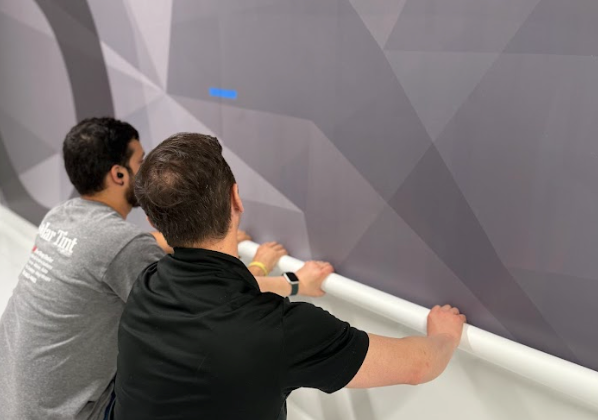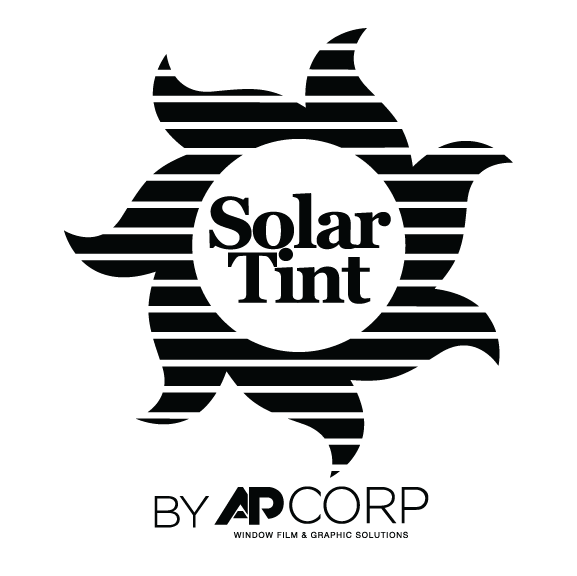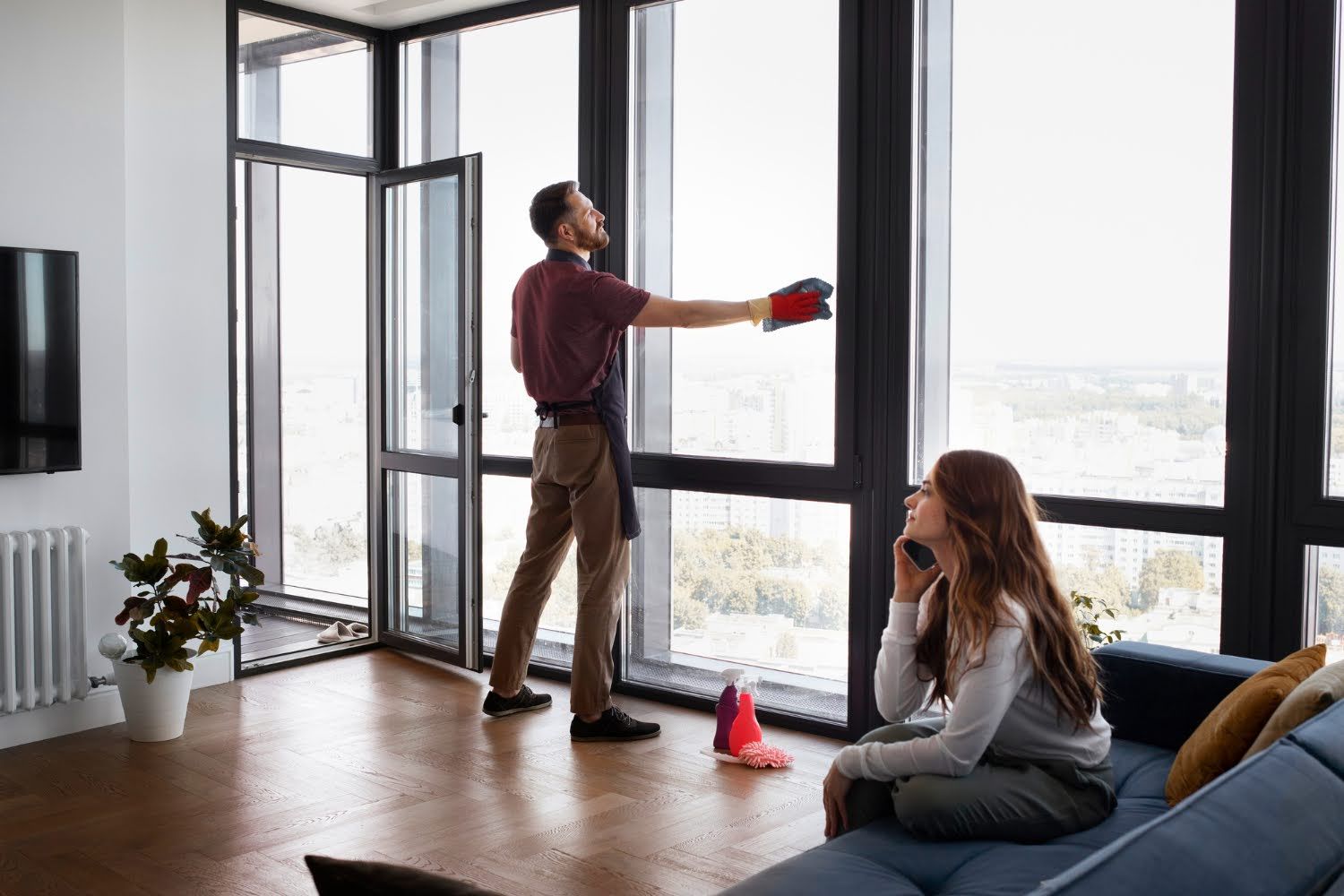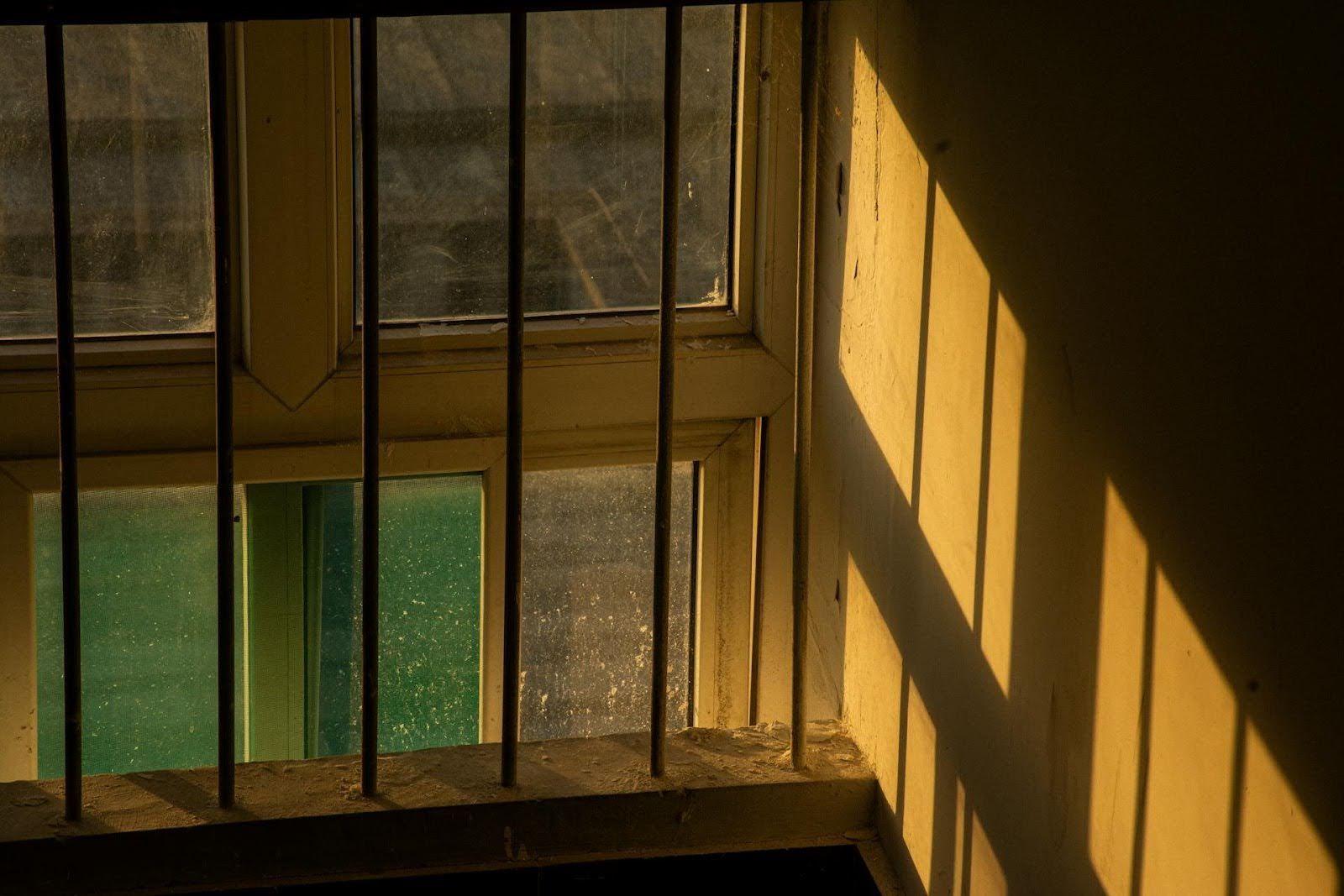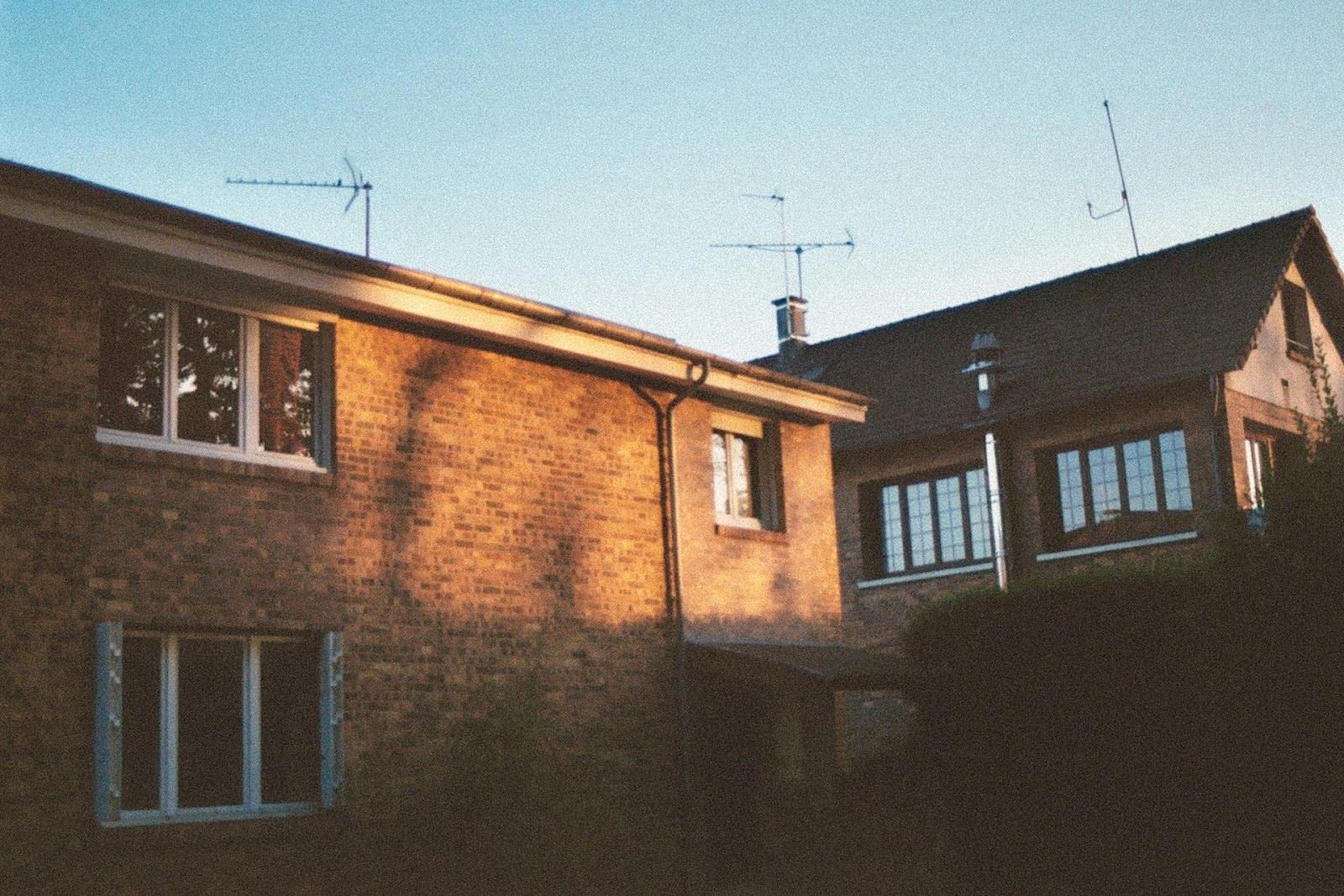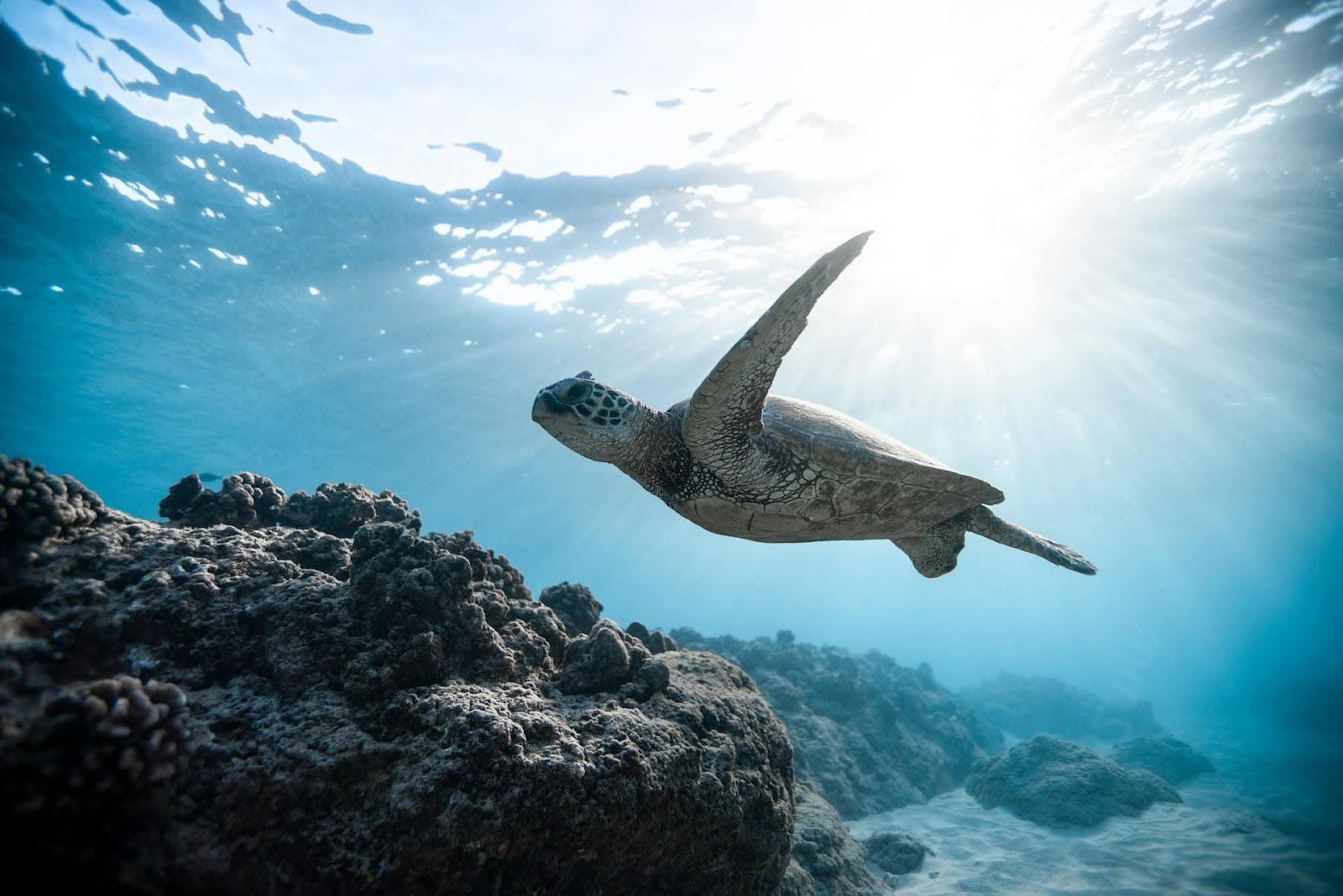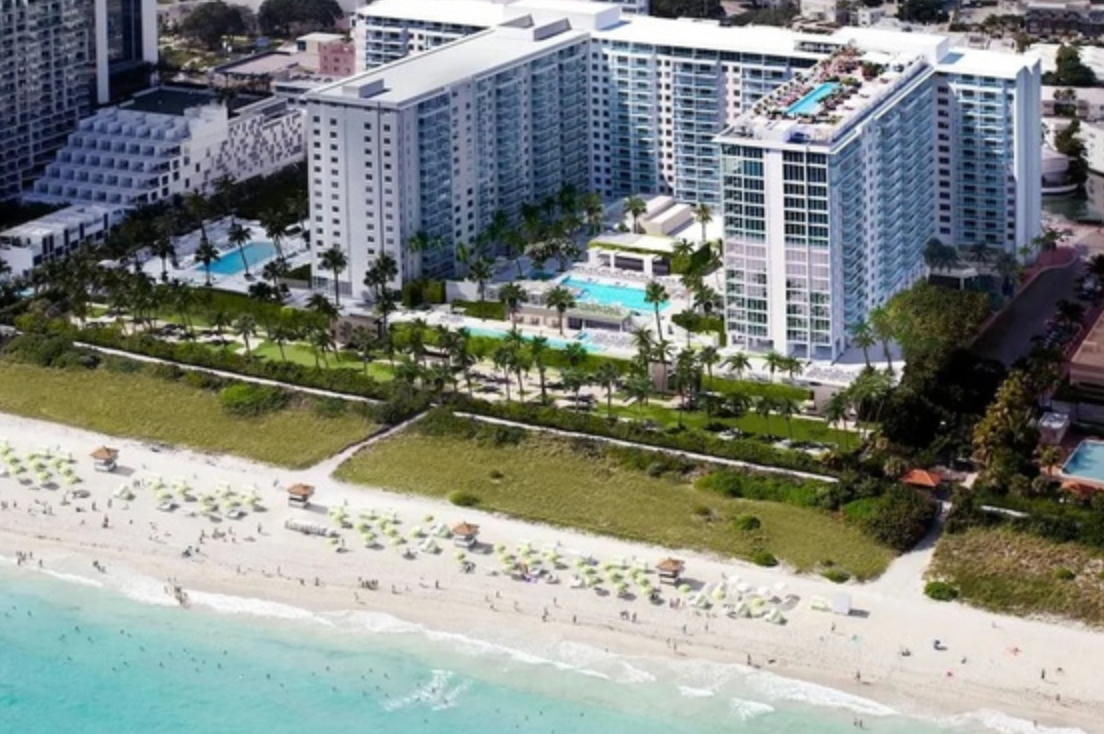Best Car Window Tint for Florida — Here’s What Actually Works in the Heat
Let’s be honest—Florida summers aren’t just hot; they’re relentless. Step into your car after 20 minutes in the sun, and it’s like sitting inside a sauna with wheels. That blast of heat?
That steering wheel that could double as a stovetop? It’s not just unpleasant—it’s unsafe. But you already know that. What you’re probably wondering is: What’s the best car window tint for Florida that holds up under this kind of heat?
Here’s the truth: not all tints are created equal. Some fade fast. Others interfere with your electronics. A few might even land you a ticket if they’re too dark.
But a professionally installed and legally compliant car window tint can do wonders for your comfort, your interior, and even your health.
Let’s walk through what works in Florida’s climate, what to avoid, and how to make sure your tint choice stands the test of time.
Florida Heat Isn’t Just Hot—It’s Aggressive
Florida gets more sun than almost any other state. Pair that with extreme humidity and soaring UV indexes, and you've got the perfect storm for interior damage, skin exposure, and unbearable cabin temps.
Cars parked outside—even briefly—become ovens. And it's not just discomfort we're talking about.
Long-term UV exposure can cause serious damage to your car, including:
- Fade and crack dashboards and leather
- Bleach out seats and trim
- Increase your risk of skin cancer from daily driving
That’s why Floridians need more than just a “cool-looking tint.” You need heat-blocking performance, UV protection, signal-friendly materials, and long-term durability—all without pushing past legal limits.
1. Ceramic Window Tint: Peak Performance in the Sunshine State
Let’s cut to the chase—ceramic tint is the premium option for a reason.
This isn’t just about looking sleek. Ceramic window films are engineered with non-metallic, nano-ceramic particles that:
- Block up to 99% of harmful UV rays
- Reject significant infrared heat, keeping interiors cooler
- Avoid signal interference with your phone, GPS, Bluetooth, or toll transponders
- Maintain long-term color stability, resisting fading or turning purple
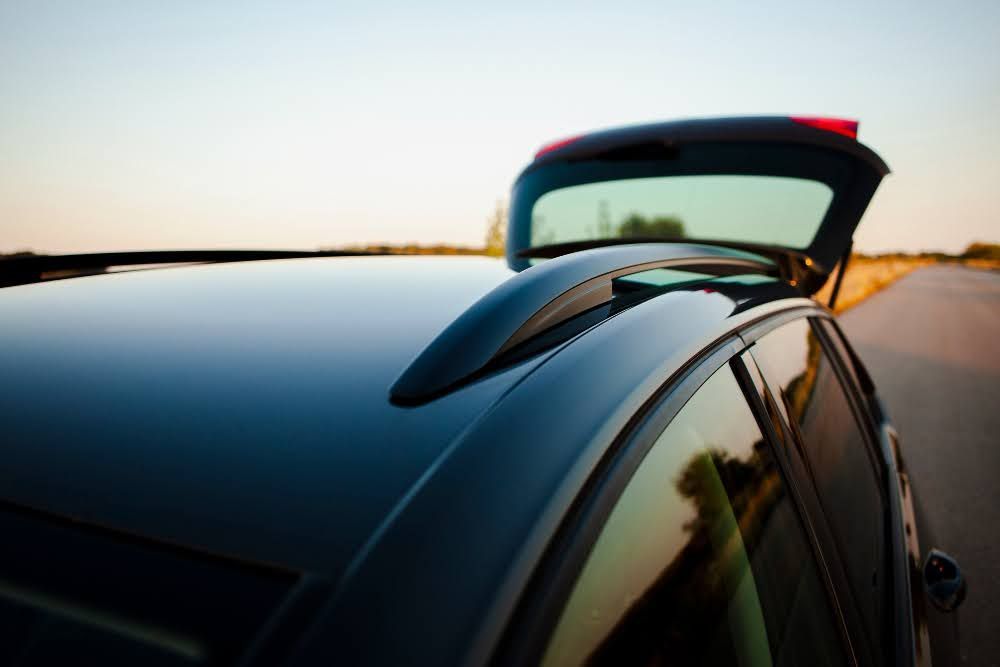
In real-world terms, ceramic tint can reduce cabin temperatures by 10–15 degrees or more. That’s the difference between needing full-blast AC and comfortably cruising with it at low.
Yes, it’s pricier upfront compared to regular tints, but in Florida’s climate, it pays off fast—in comfort, interior longevity, and energy savings.
2. Dyed Window Tint: Affordable, But Temporary
If you’re looking for a lower-cost solution, dyed window film is usually the starting point. It offers immediate aesthetic appeal and helps reduce glare—but it’s not built to last.
Here’s the rundown:
- Absorbs some heat, but is less effective against infrared rays
- Blocks minimal UV, unless paired with added UV inhibitors
- Fades over time, especially under Florida’s intense sun
- Can turn purple or bubble if poorly installed
Compared to the cost of regular tint, dyed film is a decent choice if your budget is tight and you only need a short-term solution. But don’t expect serious heat reduction or long lifespan in Florida’s year-round sunshine.
3. Carbon Window Tint: The Sweet Spot Between Price and Performance
Carbon film strikes a balance between dyed and ceramic. Some people confuse it with ceramic tints, but they’re quite different.
Carbon doesn’t have the full infrared-blocking power of ceramic, but it holds up far better than dyed film—and without signal interference.
Benefits include:
- Blocks 40%–60% of infrared heat
- Resists fading or color change over time
- Provides a dark, matte finish that many drivers prefer
- No metallic components, so your devices stay connected
For many Florida drivers, this is the “just right” option—especially if you want better heat rejection without splurging on top-tier ceramic.
4. Metallic & Reflective Films: Proceed with Caution
Shiny, reflective tints might seem appealing for maximum glare control, but they come with a few complications—especially in Florida.
- Often restricted by Florida tint laws, especially on front windows
- Can block signals, including Bluetooth, cell, GPS, and even remote entry
- Visibly mirrored, which isn’t everyone’s aesthetic cup of tea
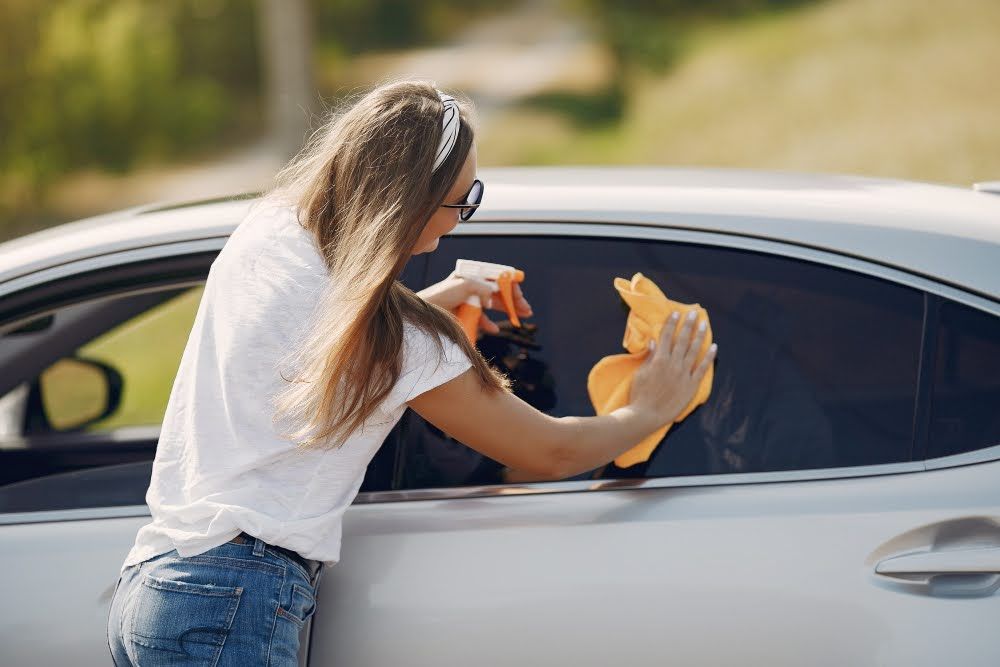
Unless you’re tinting a show car or using these for rear windows only, they’re usually more trouble than they’re worth. And given Florida’s tech-heavy driving habits (navigation, toll passes, smart apps), signal clarity matters.
Don’t Overlook the Legal Limits
You’ve found the perfect tint—now make sure it’s legal. Florida’s tint laws are strict, and violations can lead to citations or failed inspections. Here’s what’s allowed:
- Front side windows: Must allow over 28% visible light transmission (VLT)
- Back side windows: Can be 15% VLT or lighter
- Rear window: Also must be 15% VLT or lighter
- Windshield: Only non-reflective tint above the AS-1 line
These limits are designed to balance comfort with road safety—especially at night or during rain. Tinting beyond the legal level can reduce visibility, especially in low light.
If you have a medical condition that requires deeper tinting, Florida offers medical exemptions—but you'll need documentation.
Quality Installation Makes or Breaks the Tint
Even the best film can underperform if installed incorrectly. Bubbling, peeling, uneven coverage—it’s not just a cosmetic issue. Poor installation can lead to:
- Voided warranties
- Faster fading
- Legal compliance issues
- Reduced heat rejection performance
That’s why choosing a professional installer is just as important as choosing the right film. Look for providers who offer:
- Computer-cut film matching your vehicle’s exact specs
- Warrantied products (preferably lifetime warranties)
- Legal knowledge specific to Florida
- Experience with advanced films like ceramic or carbon
Trust us—clean, precision installation will make your tint perform better, last longer, and look flawless for years.
Ride Cool, Stay Legal, and Drive Happy
When it comes down to it, the best car window tint for Florida is the one that keeps you cool, protects your investment, follows the law, and stands up to brutal sunshine.
Ceramic tints lead the way in performance, but carbon and dyed options offer flexibility depending on your goals and budget.
At Solar Tint Inc., we provide expert window tinting in Miami, helping Florida drivers choose the right tint for their vehicle, lifestyle, and climate.
Our team installs premium-quality films with a flawless finish—and we know Florida tint laws inside and out. Whether you're upgrading for comfort, privacy, or UV protection, we’ve got you (and your windows) covered.
Ready to turn down the heat—literally?
Reach out to Solar Tint Inc. and let’s talk about a custom tint solution that works for your car and your Florida lifestyle.
